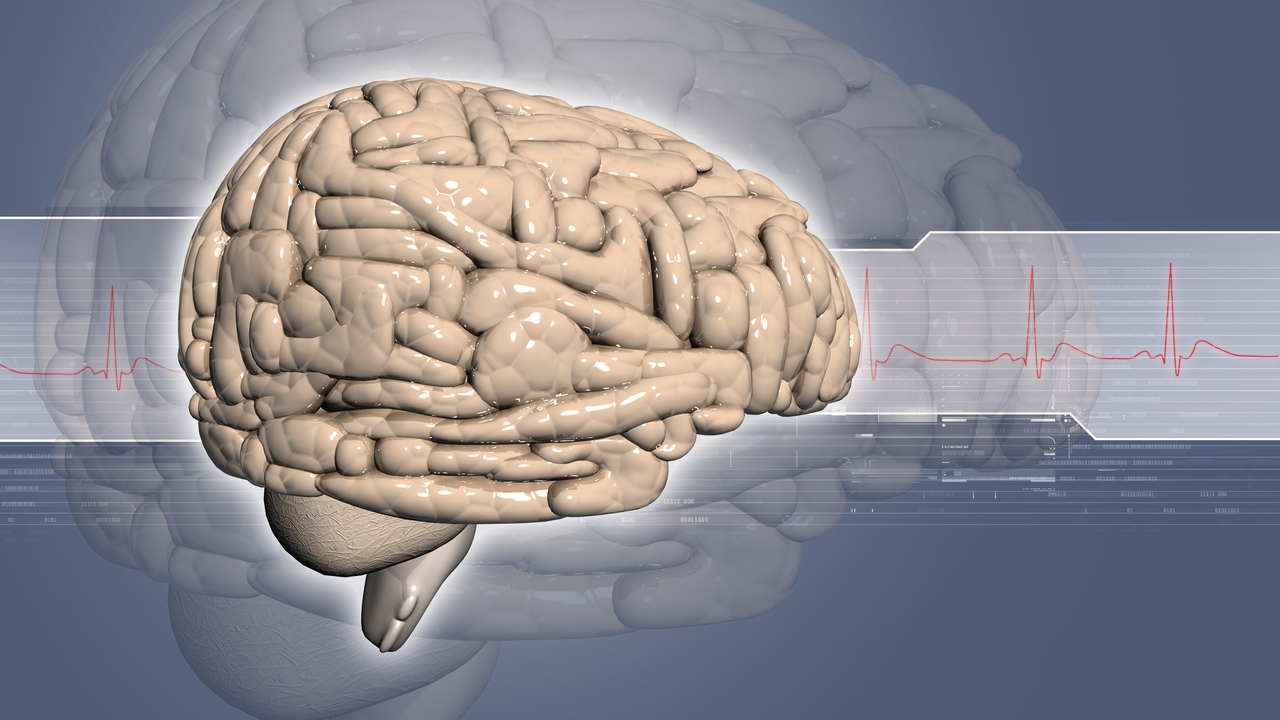 Photo: Getty Images
Photo: Getty Images
After you have brain surgery, will you still be able to make decisions about chemotherapy and radiation? At what point will you need someone else to make medical decisions for you? My aunt had to deal with these issues. She was fortunate to have a devoted husband to take charge when she was no longer able to choose treatment options. She survived for less than one year after her diagnosis, but she had the best quality of life possible for that time.
All of us need to plan for the future, but we don't always get around to it until something happens. Brain cancer is one of the most powerful reminders. But any one of us could be incapacitated in a car wreck any day. Each of us has the opportunity now to plan for what kind of care we want in case we are not able to speak for ourselves someday. The documents are called Advance Directives. Many lawyers offer package deals that include a Living Will, Medical Power of Attorney, Financial Power of Attorney, and estate planning documents. If your estate is not that complicated, you can get the Advance Directives forms from most hospitals and hospice organizations, or online. Be sure to get the forms specific for your state. I have my paperwork done already, so that when I need it, I won't have to worry about getting it done.
A research team in the Netherlands recently published a study of cognitive function in patients with glioblastoma, which is the most common and most aggressive type of brain cancer. The good news is, chemotherapy and radiation therapy did not cause significant cognitive deterioration on the average. The patients were assessed after brain surgery for the baseline measurement. The majority had deficits in multiple cognitive domains at this point.
The next assessment was after six weeks of radiation therapy and chemotherapy, and the final assessment after three cycles of temozolomide chemotherapy. The average scores were about the same as the baseline. Some patients deteriorated, but others improved during this period.
From this study, surgery appears to be the most critical step in the treatment of brain cancer in terms of the risk of cognitive impairment.
References:
1. Hilverda K et al, “Cognitive functioning in glioblastoma patients during radiotherapy and temozolomide treatment: initial findings”, J Neurooncol 2010; 87: 89-94.
2. Advance Directive forms online:
http://www.caringinfo.org/stateaddownload
Linda Fugate is a scientist and writer in Austin, Texas. She has a Ph.D. in Physics and an M.S. in Macromolecular Science and Engineering. Her background includes academic and industrial research in materials science. She currently writes song lyrics and health articles.






Add a Comment1 Comments
Brain cancer treatment depends on the factors like patient's age, tumor's size, location, grade of the tumor and the type of the tumor. The most common types of Cancer treatments are surgery that involves the physical removal of the tumor from the affected region, radiation therapy through which an effective strong rays are made to fall on the affected area so as to kill the cancerous cells but in this type of therapy, it also affects the healthy cells along with the cancerous cells.
March 24, 2011 - 1:59amThis Comment